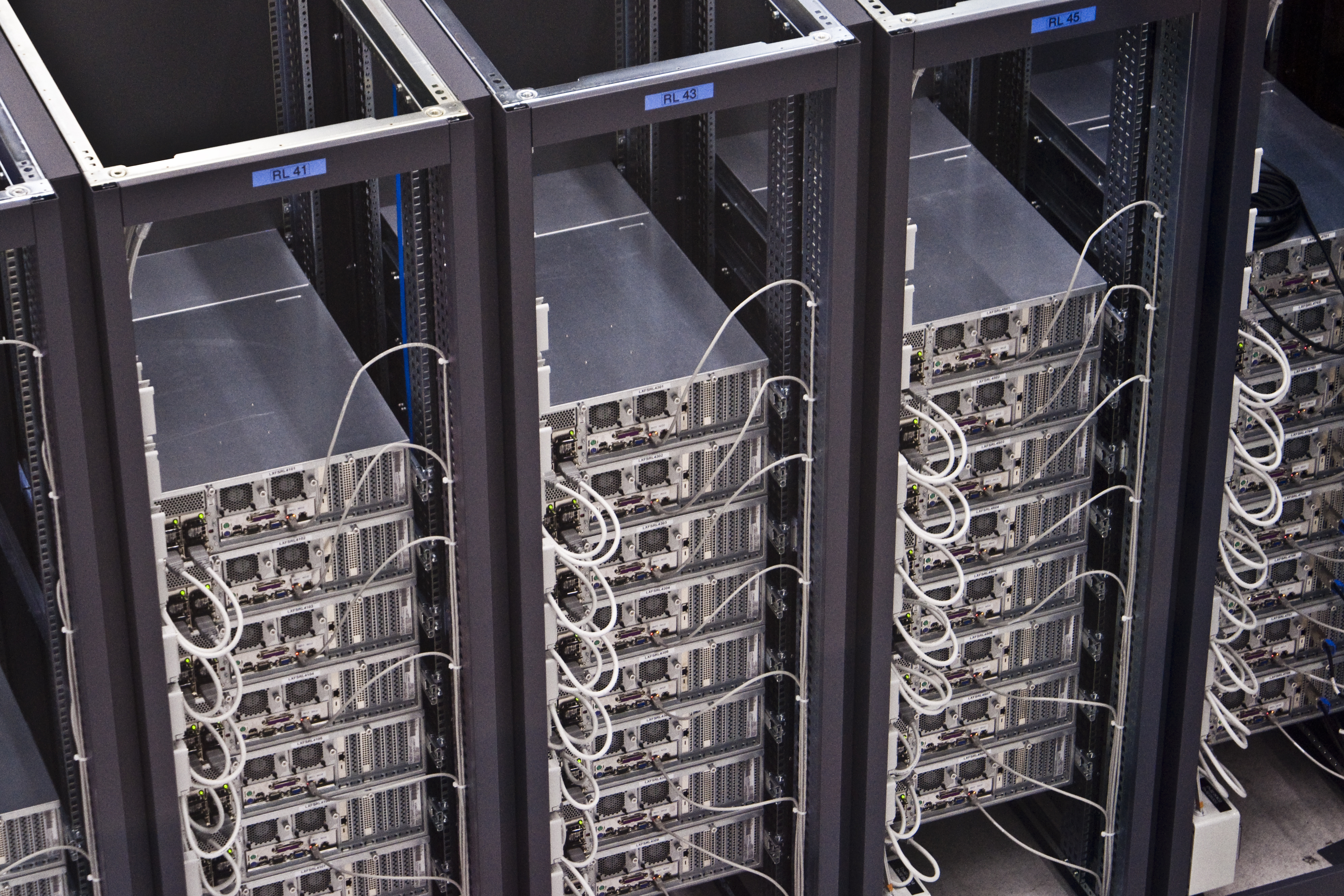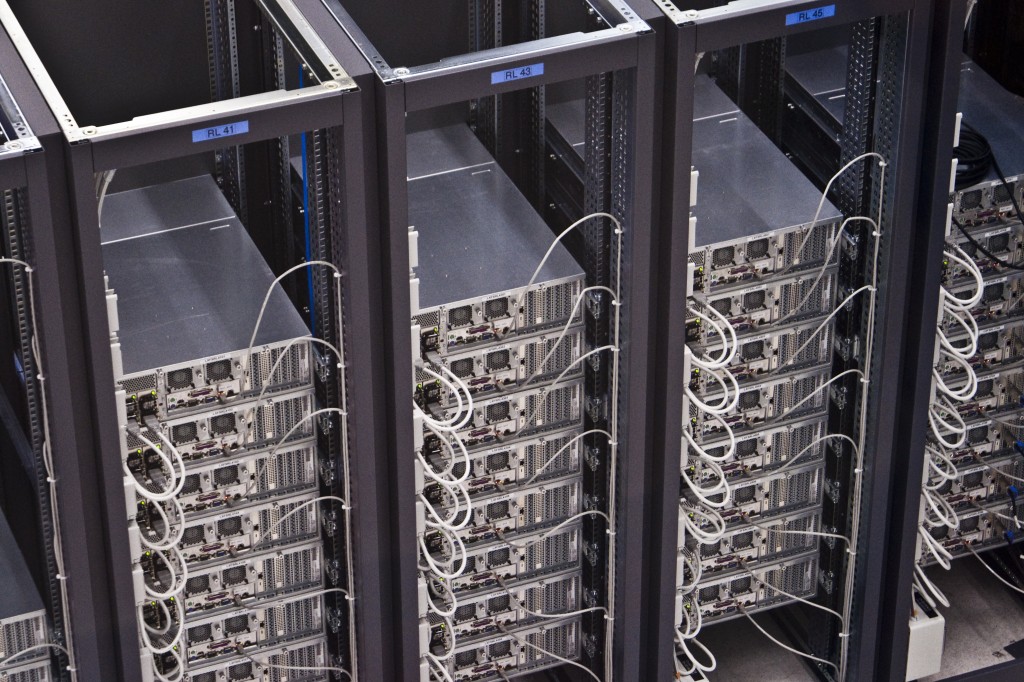As businesses struggle to manage the amount of data coming into their servers, traditional storage devices like hard disk drives are being pushed to their maximum potential. Solid state storage devices (SSD) are coming slowly to replace HDDs because their storage performance is much better. Data management is very important to all companies and this has made most IT managers to move to SSDs so they can stay competitive. It’s not easy to completely move all data to SSD because it’s very costly, so most companies are moving the critical parts like customer facing e-commerce stores. So the question many IT managers are asking is, should I use the SSD hard drive for a server? To make that decision one has to know the upsides and downsides of this new storage devices compared to the old hard drives.
Advantages of Solid State Storage Drives for a Server
- First of all, SSDs have no moving parts because they use semiconductor technology meaning its completely quiet. This also makes sure there is no mechanical failure. As if that wasn’t enough, this technology enhances fast access to data from the drive. The HDDs takes time to access data because it has to spool the drive and move the read/write head.
- Low capacity SSD consumes less power and produces less heat, although high-end SSDs uses a lot more power.
- They are designed to endure a lot of shock, vibration, and also very high altitude and temperature.
- The performance of the SSDs is constant and deterministic unlike HDDs because its seek time is constant no matter where the data is located.
- In case of a drive failure, the failure in SSDs occurs in either write or erase and can be rewritten to a new cell while in HDDs it occurs in read, meaning all data is permanently lost.
Disadvantages of Solid State Storage Drives for a Server
- The biggest downside of SSDs is their cost per Gigabyte. Traditional HDDs cost 0.13 USD while SSDs cost 1.75 to 3.25 USD.
- DRAM based SSDs are very vulnerable to abrupt loss of power
- The maximum capacity of SSDs is still lower than that of HDDs.
- SSDs have very low write/erase cycle of 1,000 to 10,000 compared to up to 100,000 of HDDs.
- Except for low capacity devices, SSDs have a lower storage density per unit volume.
- SSDs write slower and are consequently prone to write fragmentation something HDDs don’t experience.
The general performance of SSDs is more than double better than that of traditional devices, but if you are planning to use your server to erase and write, then one should just stick to HDDs. In most servers, reads are much more common than writes, so, the answer to the topic question is therefore a big YES. SSDs are here to complement the traditional hard drives not replace them, so installing them will make the life of your server easier. It’s not economical to completely move to SSDs and because of their limited write ability they should be used hand in hand with conventional hard drives for maximum results and performance. Solid state storage drives are fast, reliable, quiet, and efficient and are the new big thing in technology.


